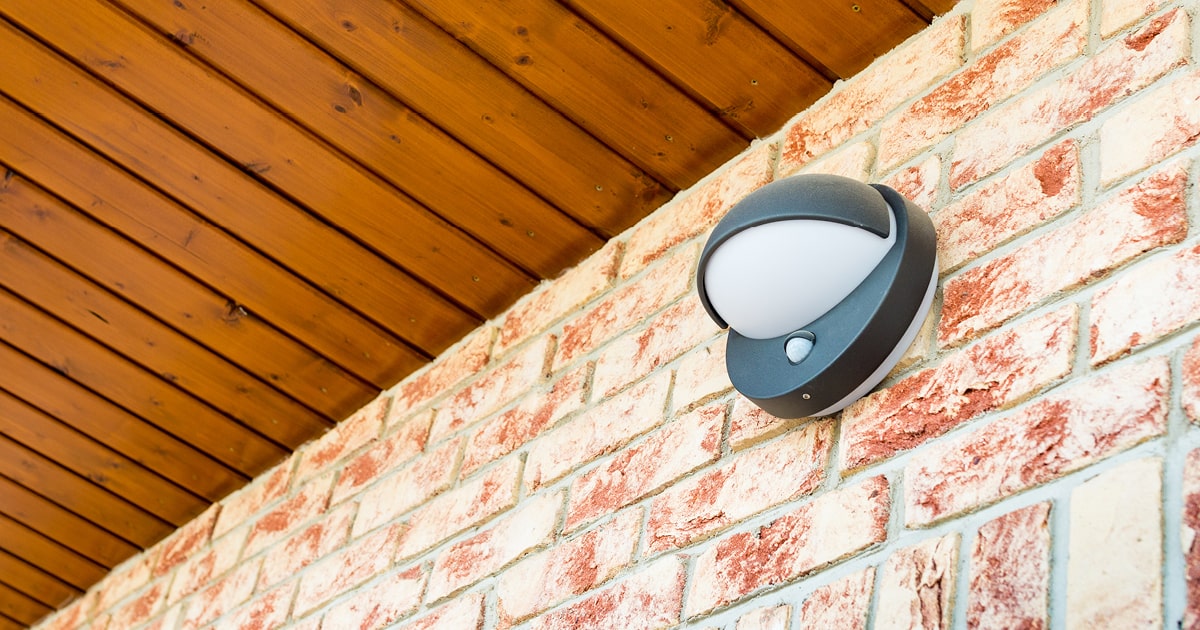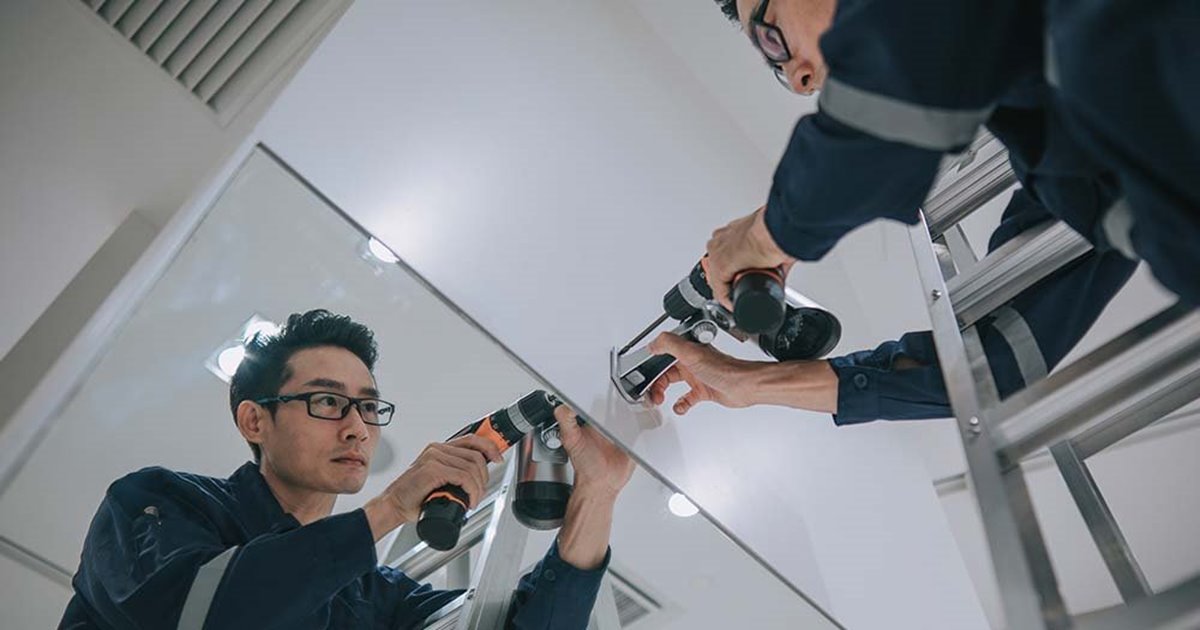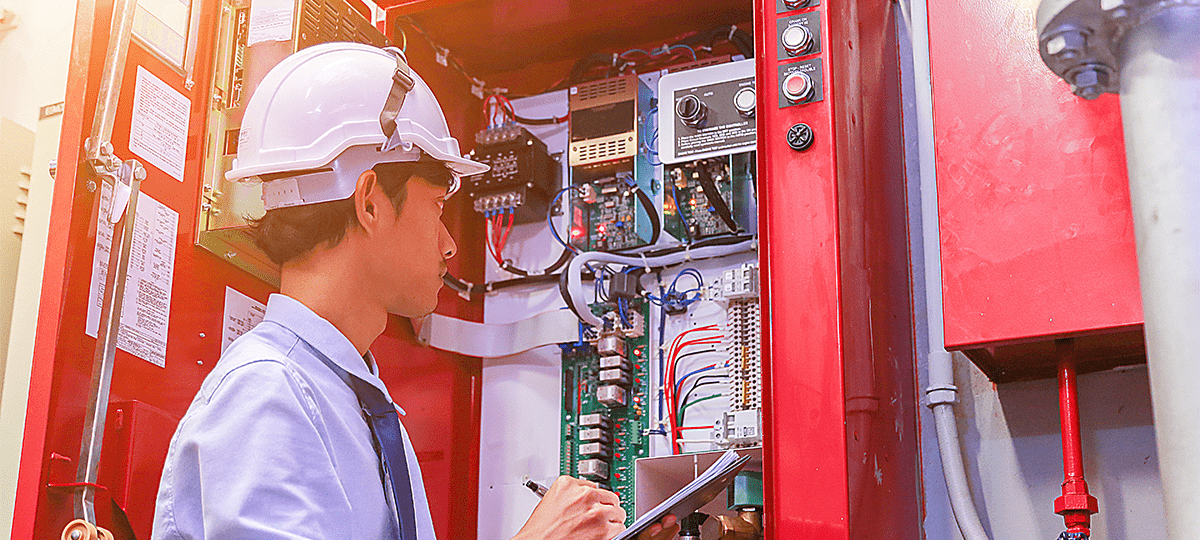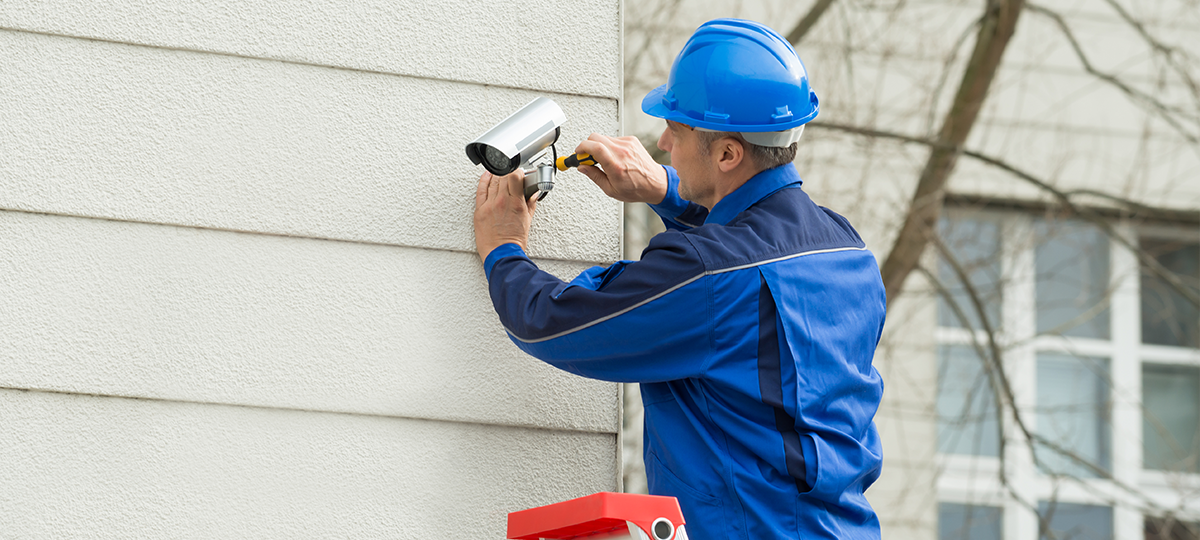3 Ways Security Contracts Help You
Are Contracts Required with All Security Companies?
No. Not all security companies require a contract, but that doesn’t necessarily mean a no-contract company is a better option.
There are pros and cons to contracts. The key is to know what you are paying for in a contract and details about the reputation of the company.
What does a contract cover?
If you are signing a contract with a security company, it shouldn’t be overly confusing. Usually, there are three main costs your agreement covers:
Equipment
Your primary home security system will consist of numerous parts:
-
The master control panel, which is the brains of the system
-
A touch keypad or other remote to arm and disarm your security system
-
Sensors to monitor access points of your home
-
Smoke and carbon monoxide detectors
-
A sounding device
-
Additional features such as surveillance cameras and video storage devices
Many customers do not want to pay equipment costs up front. A contract allows customers to spread out the costs of the equipment over time. The agreement will also cover the professional installation and set-up fees. Installing security system equipment properly takes a bit of time. There may be drilling or electrical wiring necessary if you choose a hard-wired security system. Even if you choose a wireless system, you may still have electrical wiring needs, depending on how the components on the system will be powered. Wireless system components also need to be tested in multiple locations to ensure they are getting an adequate internet signal to function effectively.
If you spread out the costs of your equipment over time, you do not own the equipment until it is paid in full. Make sure you understand exactly how many payments you will make and if you will be charged any interest, or, if you prefer to own your equipment upfront, find out exactly what that cost will be. A reputable company should have no problem providing you with that information during your initial consultation.
You might see advertisements for security equipment starter packages as low as $19.99, but be wary of these. That is not what it costs to manufacture a quality security system. The equipment may be subpar, or it may be the start of a bait-and-switch tactic. Some companies try to fool consumers. When they arrive to install your system, the components included in the “introductory” package may not be enough to protect all the access points to your home. It might also be a gimmick to lock you into a long-term and expensive monitoring agreement.
Monitoring
Another cost a contract covers is monitoring. You don’t have to pay for a company to monitor your alarm system monthly; however, it is well worth it. Check out our blog: Should You Get a Monitored Security System?
A central monitoring facility, certified by Underwriters Laboratories (UL), provides trained technicians who monitor your system 24/7. If these technicians receive a signal from your security system, they will take the appropriate next steps such as dispatching police or fire personnel to your home.
Not all central monitoring facilities provide the same type or quality of service. That’s why looking for a UL-certified facility is so important.
Other essential items to consider when setting up a monitoring contract include:
-
What is the monthly fee?
-
Is the monthly fee guaranteed to stay the same for the length of your contract? Some companies start your monitoring fees extremely low but increase them substantially three months later once you are locked into a three-year contract.
-
How long is the contract?
-
What is the cancellation policy if you decide you no longer want or need monitoring?
Service
Finally, part of your contract may cover servicing the security equipment. Security equipment, like anything else, may have general maintenance and repair needs from time to time.
There are costs to having a technician come out to your home and troubleshoot an issue. If a component is damaged in some way, there may be repair or replacement charges.
Understand what your contract covers. For instance, repair costs to your equipment might be free on your contract, but you may have to pay a nominal fee every time a technician comes to your home. On the other hand, you may pay nothing for the technician to come to your home, but parts and labor to repair the component may not be covered.
Get the Details
Again, make sure you understand all the details of your contract, and make sure everything is put in writing. Ask questions!
Never feel pressured to sign any contract on the spot. A reputable company will allow you time to look over the contract, ask questions, and evaluate different options. Read online review sites about the company you are considering. Is their staff courteous and respectful? Are they responsive if there is an issue? What is the brand name, make, and model numbers of the equipment they are installing in your home?
Contracts are not bad. They outline clear expectations of responsibilities for both the company and the customer. When you are considering something as important as home security, you need a responsible and trusted company. FSS Technologies has nearly 50 years of experience in protecting our customers and their homes. Contact us today, and let our security experts provide you with peace of mind thanks to our industry-leading security solutions.









